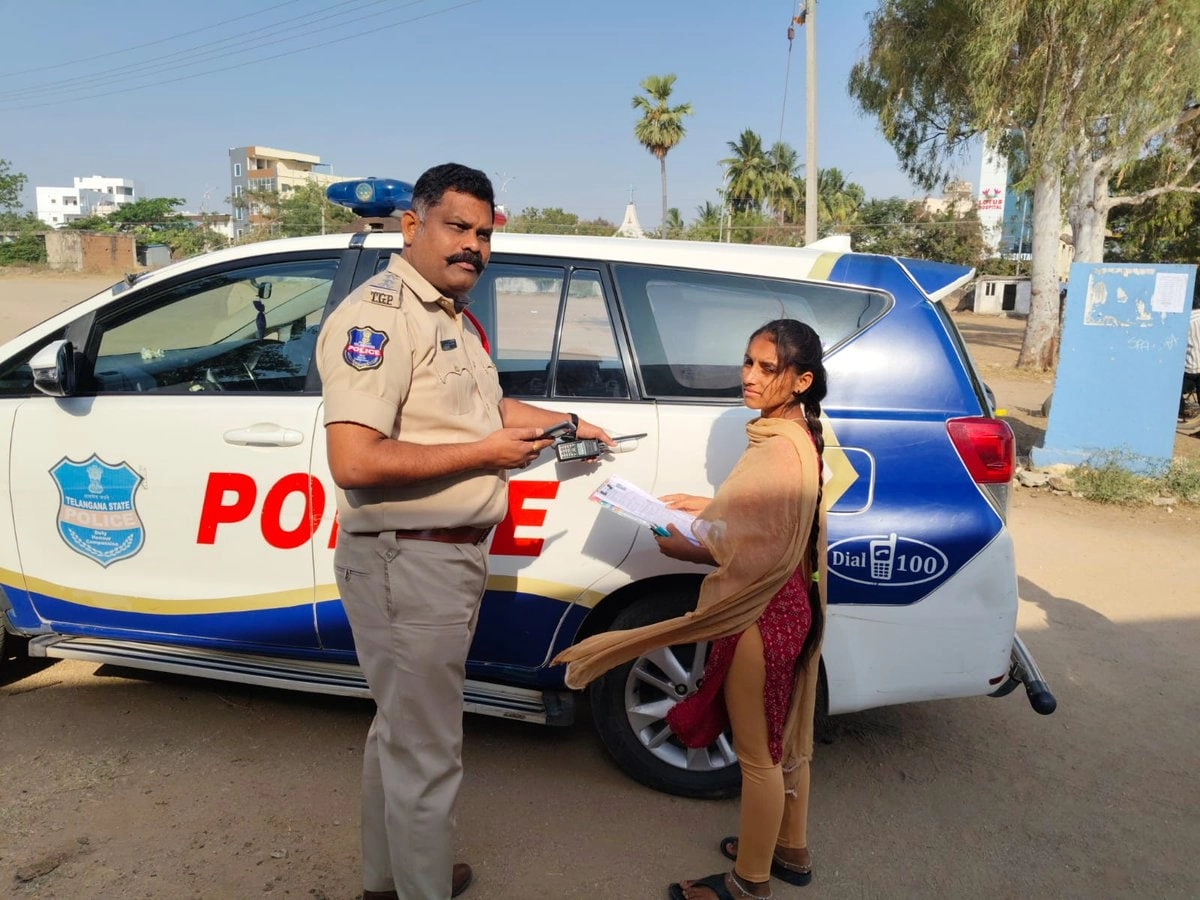The Enforcement Directorate (ED), which is the financial intelligence agency of India, has recently filed a complaint against journalist Mahesh Langa in a case related to money laundering. This development has garnered significant attention, not only due to Langa’s prominence in the field of journalism but also because it highlights the increasing scrutiny that media professionals may face in the context of financial investigations. The ED’s action raises questions about press freedom and the implications of financial regulations on journalistic practices.
Mahesh Langa, known for his investigative reports, has been accused of being involved in financial transactions that are allegedly linked to laundering activities. The specific details of the complaint and the evidence presented by the ED have not been fully disclosed to the public, leading to speculation about the motivations behind the charges. Journalists often operate on the fringes of powerful narratives, and when they are targeted in legal cases, it can create a chilling effect on the freedom of the press. This situation underscores the delicate balance between enforcing laws against financial crimes and protecting the rights of reporters who play a critical role in holding power to account.
The implications of this case could extend beyond Langa himself, potentially affecting how journalists approach sensitive topics, especially those involving financial dealings or corruption. The ED’s actions may be perceived as a warning to other journalists who might consider delving into stories that could expose wrongdoing among influential individuals or entities. As the legal proceedings unfold, media organizations and civil rights advocates are likely to closely monitor the situation, emphasizing the need for a robust legal framework that safeguards journalistic integrity while addressing legitimate concerns about illicit financial activities.
In conclusion, the complaint filed against Mahesh Langa by the Enforcement Directorate serves as a pivotal moment in the ongoing dialogue about the intersection of journalism and law enforcement in India. It raises essential questions about the protections afforded to journalists and the potential repercussions of government actions in the realm of investigative reporting. As this case progresses, it will be critical to assess not only the legal ramifications for Langa but also the broader implications for the media landscape in India, particularly regarding the freedom of expression and the role of journalism in a democratic society.




